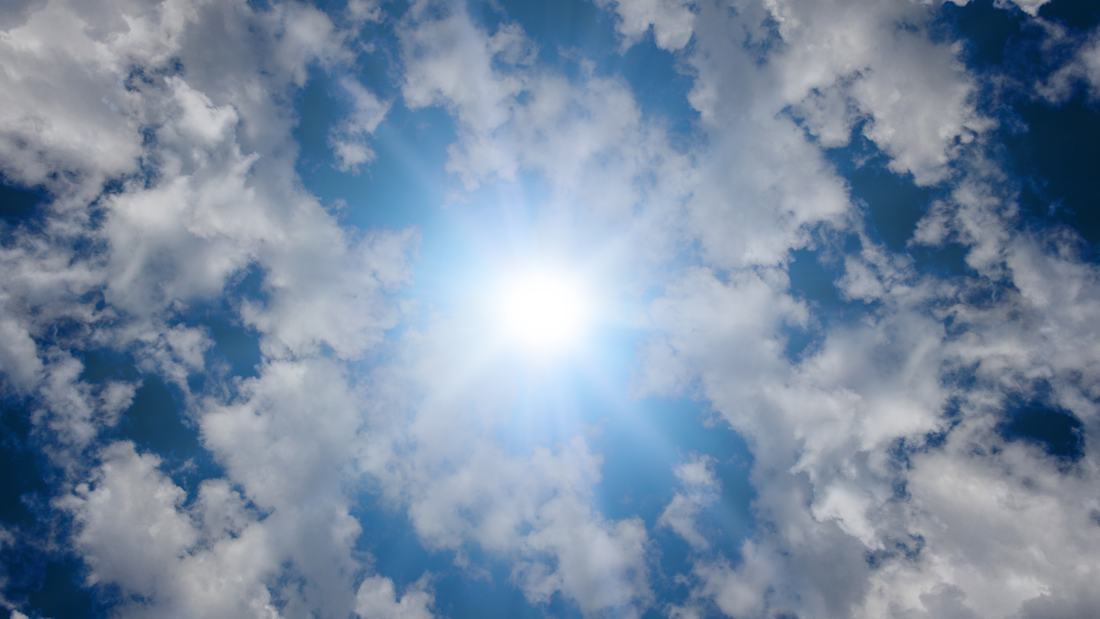|
Last month, North Dakota and West Virginia passed state equivalents of the federal Religious Freedom Restoration Act (RFRA). With these two additions, one-half of U.S. states now have such laws that fulfill the First Amendment’s guarantee of the free exercise of religion.
The original RFRA was enacted by Congress in 1993 in response to the Supreme Court’s decision in Employment Division v. Smith, a case that jettisoned the strong “compelling interest” standard in free exercise of religion cases in favor of a test that allowed the government to burden religion as long as the burden was imposed in a way that was neutral and generally applicable. Since its enactment, RFRA has faced numerous legal challenges and undergone significant interpretations by the courts – some of which expanded its reach, and others which narrowed it, such as the Ninth Circuit’s decision in Navajo Nation v. U.S. Forest Service. In recent years, states have passed their own versions of RFRA to clarify the legal protections afforded to religious beliefs and practices within their borders. With North Dakota and West Virginia joining the list of states with RFRA laws, twenty-five states now have their own form of RFRA. State courts have adopted this standard in nine additional states. Supporters of RFRA laws argue that they are essential to protecting religious liberty, a fundamental human right. They contend that government policies and regulations should not be allowed to unduly burden the exercise of religious beliefs and practices, and that RFRA laws provide a necessary check on government overreach. Opponents of RFRA laws see it as justifying discrimination. Some states are aggressively acting against the free expression of religion. Who knows? Perhaps disobedience to the law of the land may well one day soon prompt the U.S. Supreme Court to clarify matters by holding that the “compelling interest” standard that protects the observance of other constitutional rights also protects the free exercise of religion. Until then, state RFRAs and the federal RFRA will have to fill the void left by Smith’s misinterpretation of the Free Exercise Clause. Comments are closed.
|
Archives
June 2024
Categories
All
|
ABOUT |
ISSUES |
TAKE ACTION |



 RSS Feed
RSS Feed